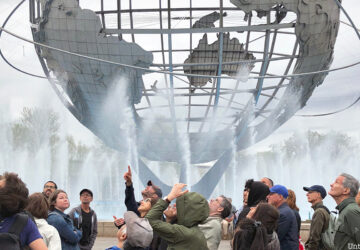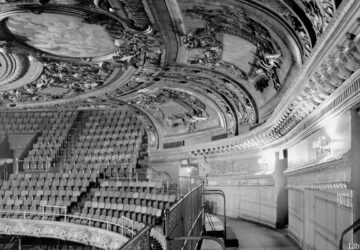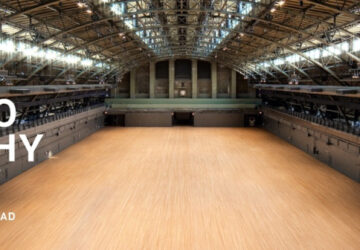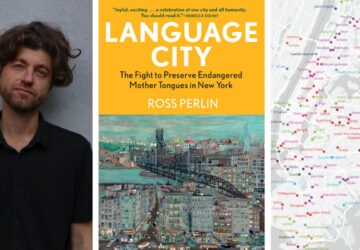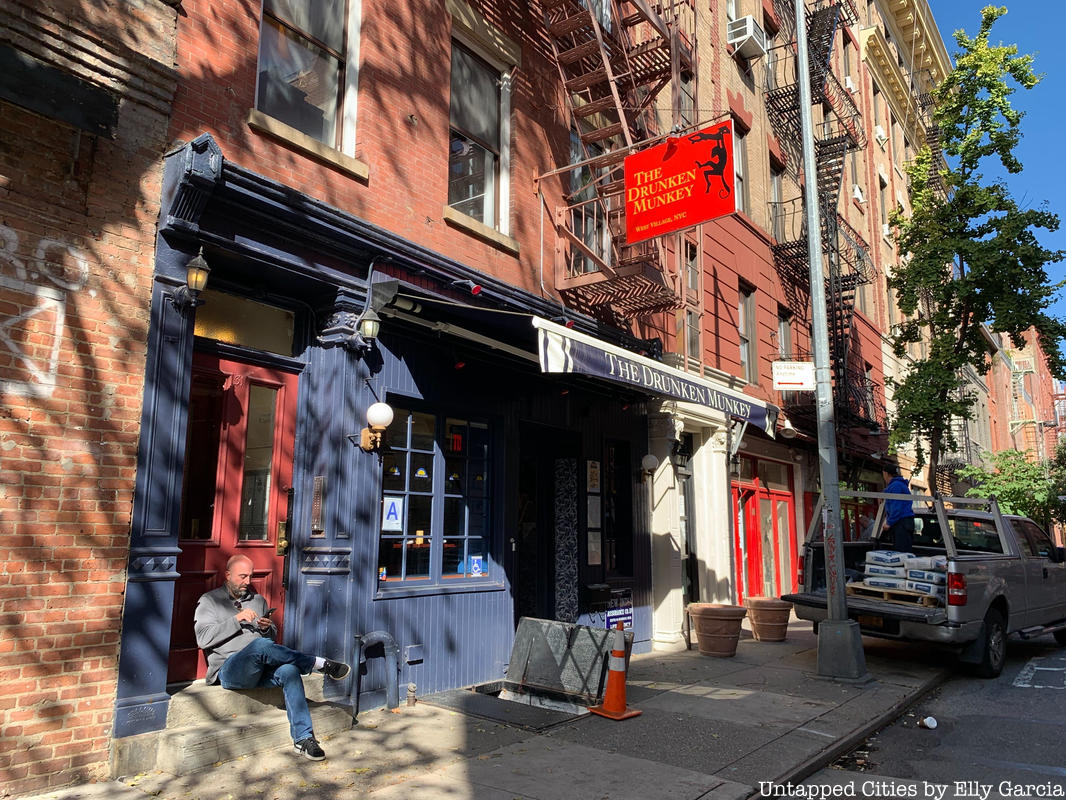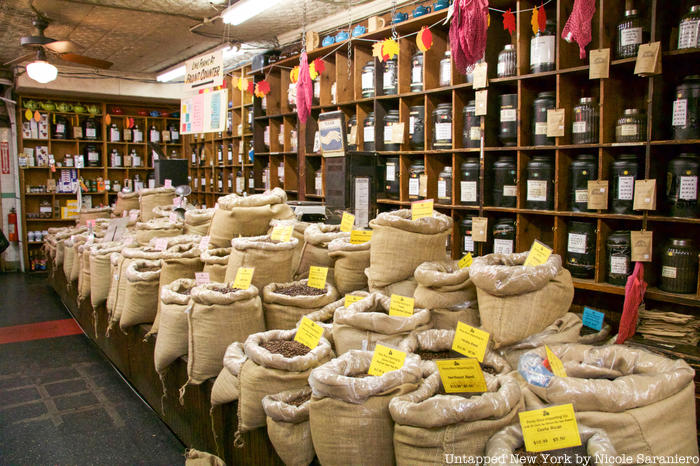Among the six new LGBTQ landmarks designated by the NYC Landmarks Commission earlier this year is the former Caffe Cino, located at 31 Cornelia Street in Greenwich Village. Although another LGBTQ landmark, Walt Whitman’s Leaves of Grass house at 99 Ryerson Street in Brooklyn was not in the mix, the new landmarks represent a significant addition to the city’s cultural heritage. It’s a clear testament to the advocacy work of the NYC LGBT Historic Sites Project that was founded in 2015.
Considered to be the birthplace of Off Off Broadway, Caffe Cino was a coffee house and performance venue created in 1958 by Buffalo transplant Joseph Cino. But the words “created” or “founded” would belie the organic nature of Caffe Cino’s origin. Steven McElroy of the New York Times wrote in 2011, “Joseph Cino didn’t set out to be a pioneer. He began presenting plays at his Cornelia Street cafe on a whim, as an offshoot of the poetry readings that expressed his desire to create a place where artistic types would want to spend time.” The Village Voice states that even before that, it all “started by having [Cino’s] friends’ artwork on the wall while serving coffee and pastries. Then there were poetry readings. Those led to staged readings of plays, and eventually to productions.”
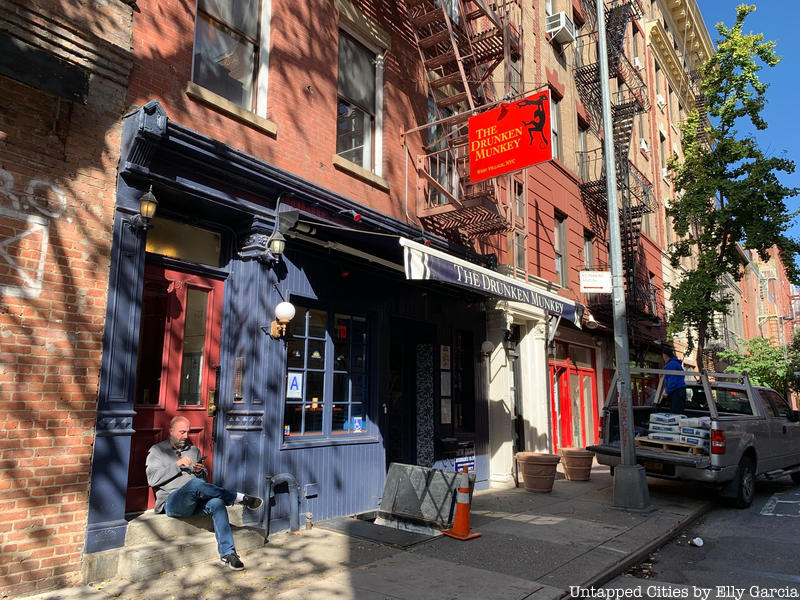
Caffe Cino occupied the first floor of a four floor brick tenement building. The interior was casual, outfitted with ice cream parlor stools and tables, and it would get so full people had to sit on top of the cigarette machine. Entrance fee was one dollar, and it came with a 30 minute play, a coffee and a pastry. In testimony for the landmarking of Caffe Cino, the Historic Districts Council stated that even more important than being the birthplace of Off Off broadway, “it provided a space where an artistic community could emerge and depict homosexuality in theater, which was illegal at the time.” Cino was a “dreamer and a newcomer” to New York, writes McElroy, but life would take a more tragic turn for him. But not before notable playwrights and artists like Edward Albee, Sam Shepard, Bette Midler, Al Pacino, and Bernadette Peters made it a regular hangout. Careers were launched at Caffe Cino.
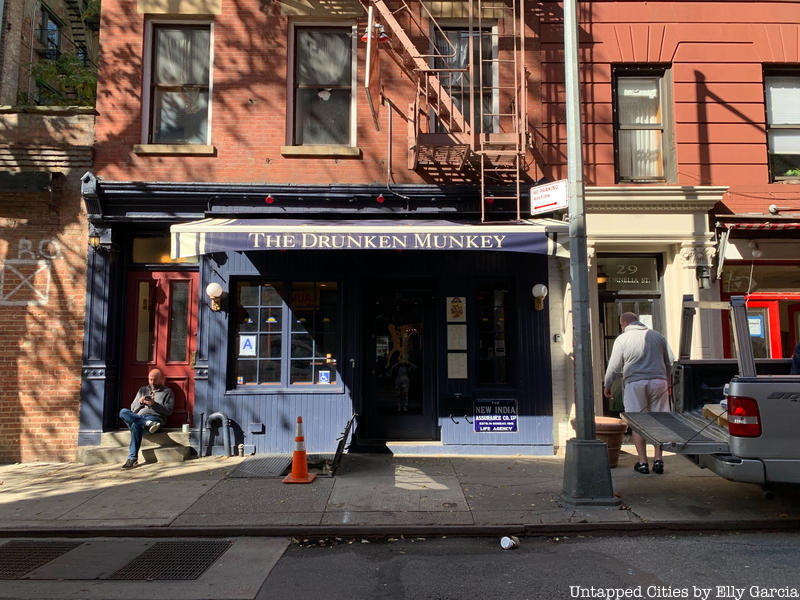
In 1965, a fire gutted the interior of the Caffe Cino but it was able to re-open a few months later with community fundraising and support of La Mama Experimental Theater, which still exists. Two years later however, Cino would commit suicide, and the cafe closed permanently a year after. Caffe Cino was listed on the National Register of Historic Places in 2017 and the New York City landmarks designation offers it additional protection within the Greenwich Village Historic District. Today, the space once inhabited by Caffe Cino is the Drunken Munkey, offering “craft cocktails and Indian cooking.” It replaced Pó restaurant, from Steven Crane and Mario Batali, that was in this location for nearly a quarter of a century.
The other LGBTQ sites that were designated landmarks are the Audre Lorde Residence – 207 St. Paul’s Avenue, Staten Island, James Baldwin Residence – 137 West 71st Street, Manhattan, The Lesbian, Gay, Bisexual, Transgender Community Center – 208 West 13th Street (AKA 206-218 West 13th Street), Manhattan, Women’s Liberation Center – 243 West 20th Street, Manhattan, and the Gay Activists Alliance Firehouse – 99 Wooster Street, Manhattan.
Caffe Cino is part of our Coffee Tour of NYC!
